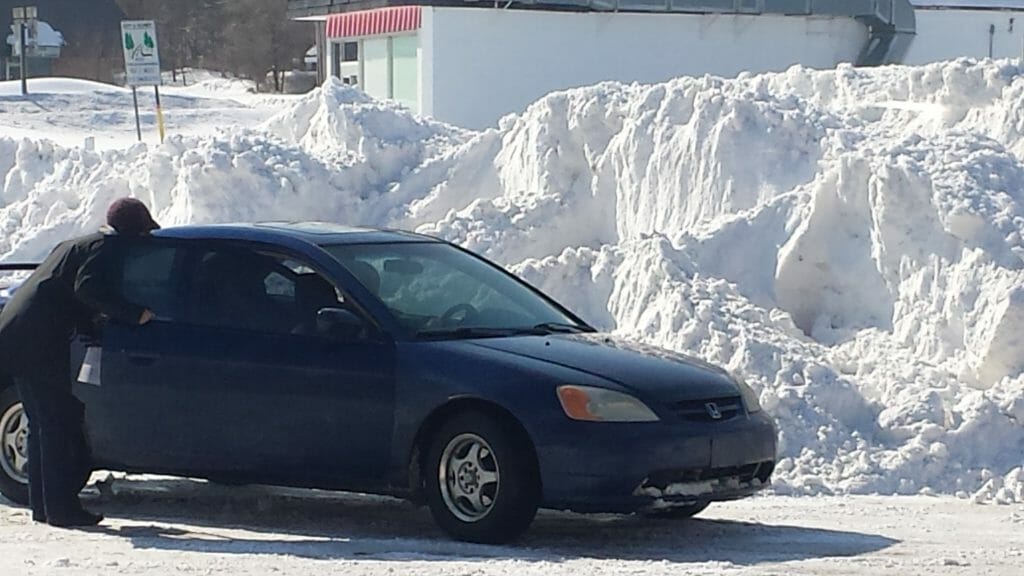Is There a Bad Weather Policy in Your Employee Handbook?

We have seen a lot of weather in the news lately, from the devastating fires in California to snow storms on the East Coast. Weather can take an enormous toll on communities and businesses. Floods and fires are epic events, but winter comes every year with its sleet and snow storms. Hurricanes and tornadoes occur seasonally as well. Does your auto repair shop have a policy for handling bad weather in its employee handbook? If not, it should.
There are many types of weather that create dangerous conditions to travel in and even to work in. If your employees do not know if they are expected to come to work when the roads are icy or there is a tornado warning, you will have to expend time explaining to new hires whatever your unstated rules are and dealing with any discontent the ambiguity will create in your staff. So the first thing you must do is decide what your policy will be. This will, of course, depend on where your auto repair shop is geographically located and what sorts of bad weather conditions are common there.
What do you need to decide? The following:
Under what conditions will your business close – The safety of your staff – and your customers – should always be the number one priority. You need to consider how the weather affects the area that your auto shop is in and also the larger area if you have employees who need to travel longer distances. You may decide the specifics yourself or leave it to the authorities. For example, you may specify that if the area schools close or if the news channels are telling people to stay off the roads, your business will automatically close.
What communication you will give – If the manager has to decide based on the information available at the time (like road conditions or accumulated snow), your employees should know where to find out what he has decided. This might be a phone call or text message. It could also be posted on the company website or Facebook page.
What the process is for closing down your shop – Make it clear in writing who is in charge of making decisions if only a skeletal staff shows up or the regular manager cannot make it in. Who will be responsible for making calls? Who will update the website or put up signs? Who will shut down machinery and computers? These responsibilities should be preassigned so everyone knows his role.
Who gets paid if the shop closes for the day – If you have employees who will be paid because they’re salaried and others who will lose a day’s wages if you shut down, that will cause problems obviously. You will also need to decide if your staff will be paid for a full day if they only work a partial one.
What an excused absence is – You may have employees who are willing to use vacation or sick days rather than drive in terrible weather. You will need to decide if you will allow that and what the consequences are for staff who do not follow the guidelines.
As with any policy in your employee handbook, you should make sure that your bad weather policy is clearly stated in language your staff cannot misconstrue. The clearer this is up front, the fewer problems you will have to deal with. When the weather is bad, you already have problems, so eliminating what you can with forethought and policy making will help a great deal. Good employees are your greatest asset. A well written bad weather policy acts to protect both employees and management, so it’s a win-win proposition.


Responses